Stem Cell Therapy in Thailand: Are You a Suitable Candidate for Anti-Aging?
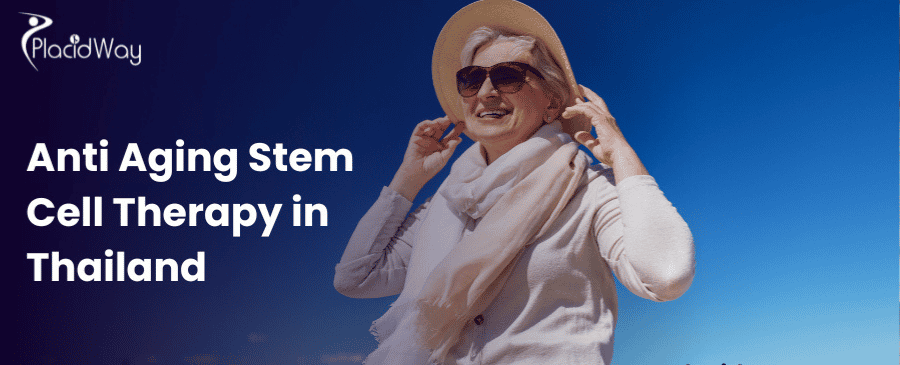
Stem cell therapy for anti-aging has become a beacon of hope for many seeking to rejuvenate their bodies and turn back the clock on aging. Thailand, with its advanced medical facilities and experienced specialists, has emerged as a leading destination for this innovative treatment. The promise of using the body's own regenerative power to restore youthful vitality is incredibly appealing. However, it's crucial to understand that stem cell therapy for anti-aging in Thailand is not a one-size-fits-all solution. While many can benefit, certain individuals are not ideal candidates for this procedure. It's essential to have a clear picture of the contraindications and factors that might make the treatment unsuitable or even risky.
This guide is designed to provide a comprehensive overview of who is not a good candidate for stem cell therapy for anti-aging. We'll delve into the specific health conditions, lifestyle factors, and expectations that could make you ineligible for this cutting-edge treatment in Thailand. Understanding these limitations is the first step toward making an informed and safe decision about your health and wellness journey. It's not just about wanting to look and feel younger; it's about ensuring the treatment is appropriate and safe for your unique medical profile. Let's explore the key considerations to help you determine if this path to rejuvenation is right for you.
What is Stem Cell Therapy for Anti-Aging?
Stem cell therapy for anti-aging is an advanced medical treatment that leverages the unique properties of stem cells to combat the aging process. Stem cells are the body's raw materials — cells from which all other cells with specialized functions are generated. In the context of anti-aging, these cells are introduced into the body to stimulate repair and regeneration of aged or damaged tissues. The goal is not just cosmetic enhancement but a systemic rejuvenation that can improve energy levels, organ function, and overall vitality.
The process typically involves harvesting stem cells, often from the patient's own fat tissue (adipose-derived) or bone marrow, or using ethically sourced umbilical cord stem cells. These cells are then processed and concentrated in a lab before being reintroduced into the patient's bloodstream via an intravenous (IV) infusion or targeted injections. Once in the body, these stem cells can differentiate into various cell types and release growth factors that promote healing and reduce inflammation, key contributors to the aging process. Reputable clinics in Thailand are at the forefront of this technology, offering sophisticated protocols tailored to individual needs.
Who is Generally Considered a Good Candidate for This Therapy?
Ideal candidates for stem cell therapy for anti-aging are individuals who are beginning to notice the functional and aesthetic signs of aging but are otherwise in good health. This can include a wide range of concerns, from decreased energy and cognitive function to joint pain and skin laxity. They are looking for a natural and holistic approach to rejuvenation that works with their body's own healing mechanisms.
Key characteristics of a good candidate include:
- Good General Health: Free from active, life-threatening diseases that could complicate the procedure.
- Realistic Expectations: Understanding that the therapy aims to slow and mitigate the aging process, not to provide an "elixir of youth" with instantaneous, dramatic results.
- Age-Related Concerns: Experiencing issues such as chronic fatigue, reduced stamina, mild to moderate joint pain, or visible signs of aging like wrinkles and loss of skin elasticity.
- Commitment to a Healthy Lifestyle: Willing to support the therapy's effects with a healthy diet, regular exercise, and other positive lifestyle choices.
Who is NOT a Good Candidate for Stem Cell Therapy for Anti-Aging in Thailand?
While the allure of turning back the clock is strong, safety is the paramount concern in any medical procedure. In Thailand, reputable clinics adhere to strict international standards, which means they carefully screen potential patients to identify any contraindications. The primary reason for exclusion is to protect the patient from potential harm and to ensure the therapy has the best possible chance of being effective. Introducing stem cells into a body that is fighting a serious illness can have unpredictable and potentially dangerous consequences.
The screening process is thorough and is designed to identify any underlying conditions that could be exacerbated by the therapy. It's not about denying treatment but about ensuring patient safety and the integrity of the procedure. A responsible medical team will always prioritize the well-being of the patient above all else.
Can a Person with a History of Cancer Receive Stem Cell Therapy for Anti-Aging?
A history of cancer is a significant consideration. Stem cells promote cell growth and proliferation, which is a desirable effect for rejuvenation. However, this same property could theoretically stimulate the growth of any remaining cancer cells. For this reason, individuals with active cancer are not candidates for this therapy. The risk of promoting tumor growth is a serious concern that cannot be overlooked.
For those in remission, the situation is more nuanced. Most clinics in Thailand will require a waiting period, often at least five years, since the completion of successful cancer treatment. This is to ensure that the risk of recurrence is as low as possible. Furthermore, written clearance from the patient's oncologist will be mandatory. This collaborative approach ensures that the decision is made with a full understanding of the patient's cancer history and prognosis.
Are Individuals with Active Infections Suitable Candidates?
An active infection places the immune system under significant stress. Introducing stem cells during this time can be problematic for several reasons. The body's inflammatory response to the infection could negatively impact the viability and effectiveness of the transplanted stem cells. Moreover, there is a theoretical risk that the therapy could exacerbate the infection or lead to complications.
Clinics will screen for a range of infectious diseases, including:
- Acute Infections: Such as pneumonia, sepsis, or even a severe flu. The therapy should be postponed until the patient has fully recovered.
- Chronic Viral Infections: Including HIV, Hepatitis B (HBV), and Hepatitis C (HCV). These conditions can compromise the immune system and pose risks during and after the procedure.
What About Autoimmune Disorders?
Autoimmune disorders occur when the immune system mistakenly attacks the body's own tissues. Conditions like lupus, rheumatoid arthritis, and multiple sclerosis fall into this category. The role of stem cell therapy in treating autoimmune diseases is a complex and evolving area of research. While some studies show promise, using it for anti-aging in a patient with an active autoimmune condition is generally not recommended.
The concern is that the introduction of new cells and growth factors could potentially trigger an unpredictable immune response, possibly leading to a flare-up of the autoimmune disease. Each case must be evaluated individually, and a consultation with both a rheumatologist (or relevant specialist) and the stem cell expert is crucial. In many cases, the risks will outweigh the potential anti-aging benefits.
Can Pregnant or Breastfeeding Women Undergo the Therapy?
The safety of the developing fetus and nursing infant is paramount. Since there is no research on the effects of systemic stem cell therapy on pregnancy and lactation, it is an absolute contraindication. The hormonal and physiological changes during these periods are complex, and introducing stem cells could have unknown consequences for both mother and child.
Any woman of childbearing age considering this therapy will be counseled on the importance of ensuring she is not pregnant before the procedure. It is a standard safety precaution to protect the most vulnerable.
What Role Do Unrealistic Expectations Play?
Mental and psychological readiness is as important as physical health. Stem cell therapy for anti-aging is not a magic wand. It is a medical procedure that aims to improve cellular function and promote regeneration. The results are typically gradual, becoming noticeable over weeks and months. They are also subtle, often described as feeling more energetic, having less pain, and looking "well-rested" or "healthier" rather than undergoing a dramatic transformation.
A good clinic in Thailand will conduct a thorough consultation to ensure the patient has a clear and realistic understanding of what the therapy can and cannot achieve. Individuals who are seeking an instant and dramatic fountain of youth will likely be disappointed. A patient who understands and accepts the nature of the treatment is a much better candidate for a positive experience.
Are There Age Limits for This Therapy?
Chronological age itself is not the primary determinant. A healthy and active 80-year-old might be a better candidate than a 60-year-old with multiple chronic health problems. The key is the individual's "biological age" and overall health. As we age, the likelihood of having co-existing conditions (comorbidities) like heart disease, diabetes, or kidney problems increases.
A comprehensive medical evaluation is essential to assess the health of vital organs and the patient's ability to tolerate the procedure. In very elderly or frail individuals, the potential benefits may not outweigh the risks associated with any medical intervention, however minor. The decision is always made on a case-by-case basis, prioritizing safety and quality of life.
What About Severe Chronic Illnesses?
While stem cell therapy is being researched for many chronic diseases, using it for a primarily anti-aging purpose in someone with a severe, life-limiting illness is inappropriate. The body's systems are already under immense strain, and the priority is managing the primary disease. Introducing a systemic therapy like this could overwhelm the body and lead to serious complications.
The focus for these patients should be on treatments specifically aimed at their primary condition, under the care of their specialists. Anti-aging therapy is a wellness and rejuvenation procedure, not a treatment for end-stage diseases.
Ready to explore if stem cell therapy is the right choice for your anti-aging goals? PlacidWay connects you with leading clinics and experts in Thailand. Click here to get a free, personalized quote and start your journey to a more youthful you!


.png)

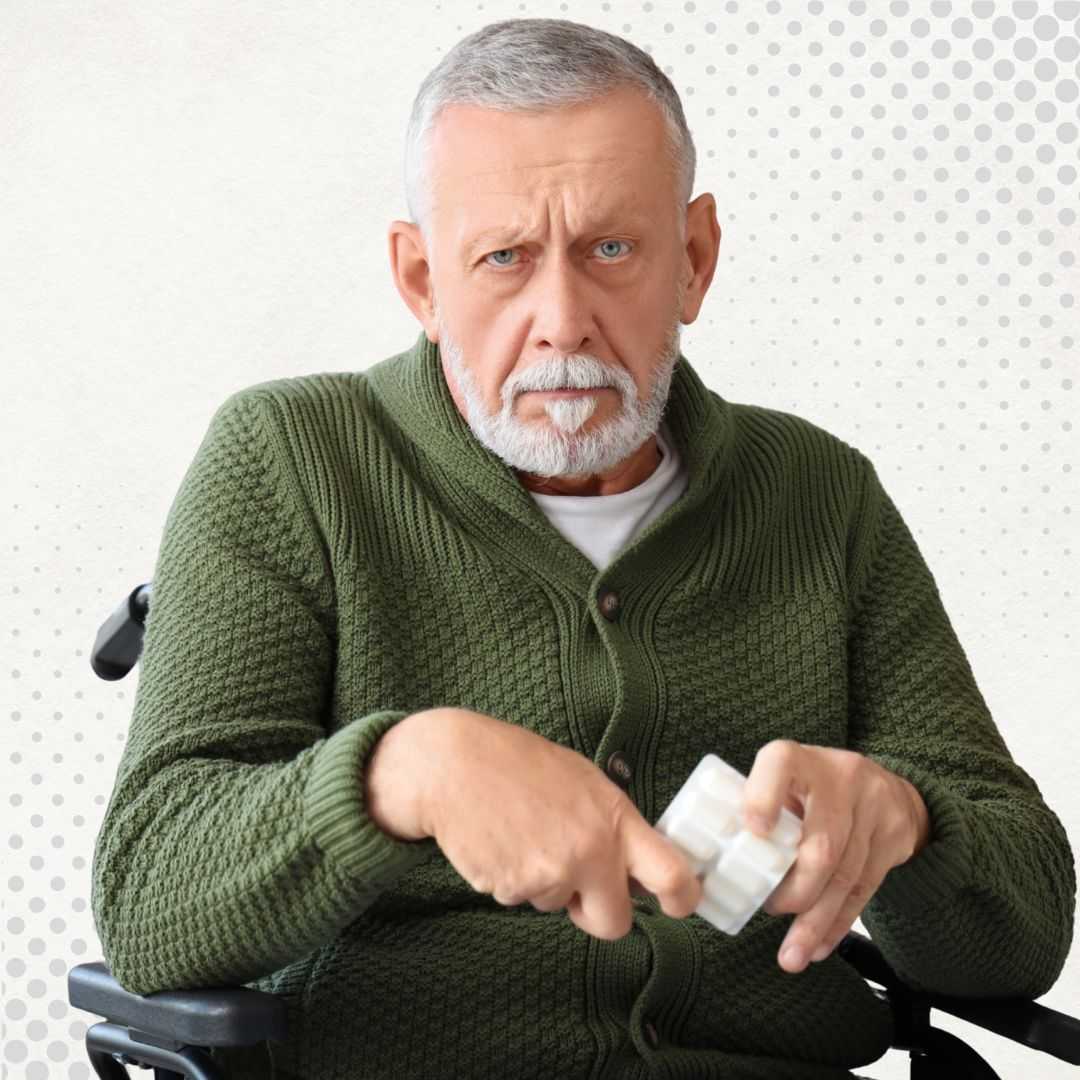

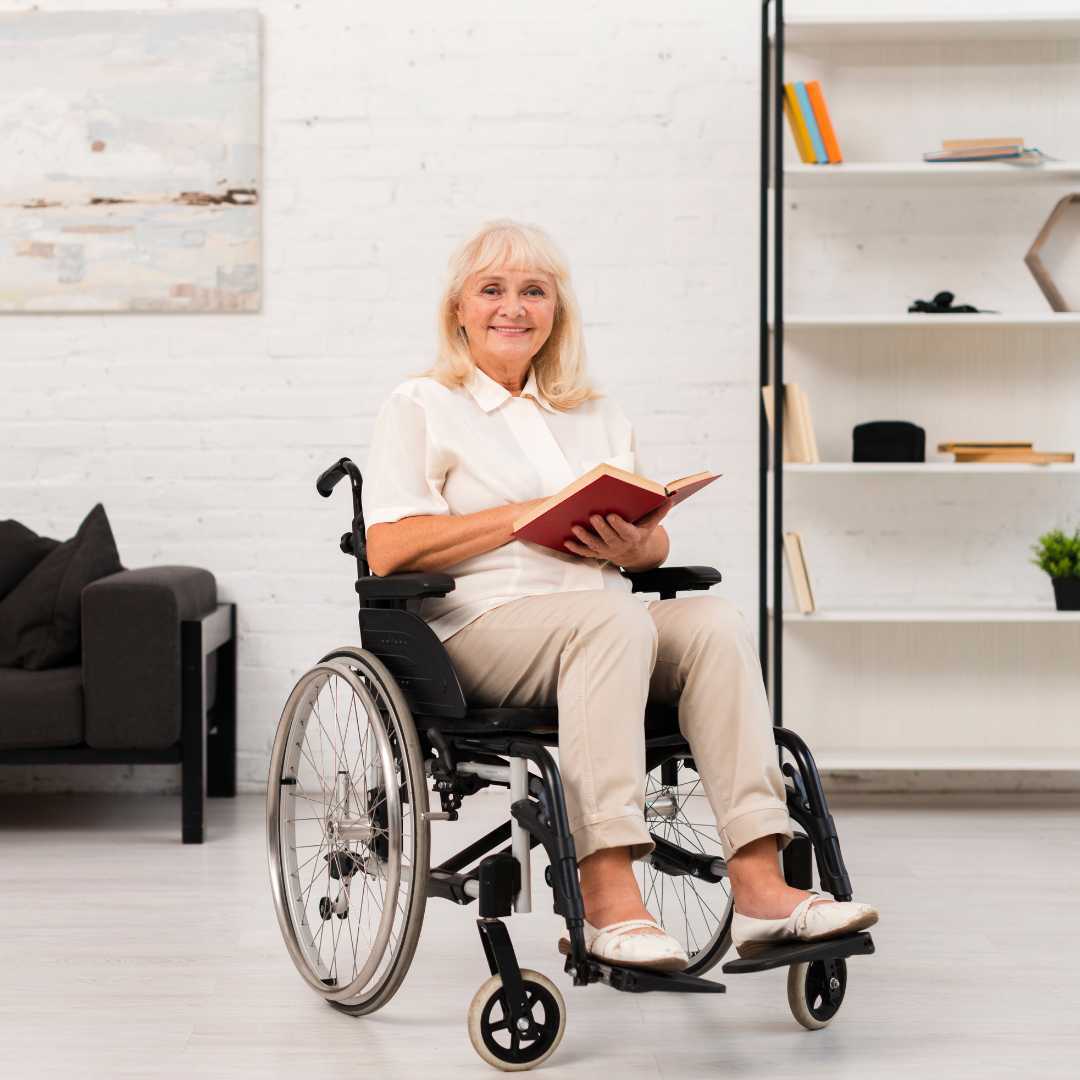
.jpg)
.jpg)
.jpg)

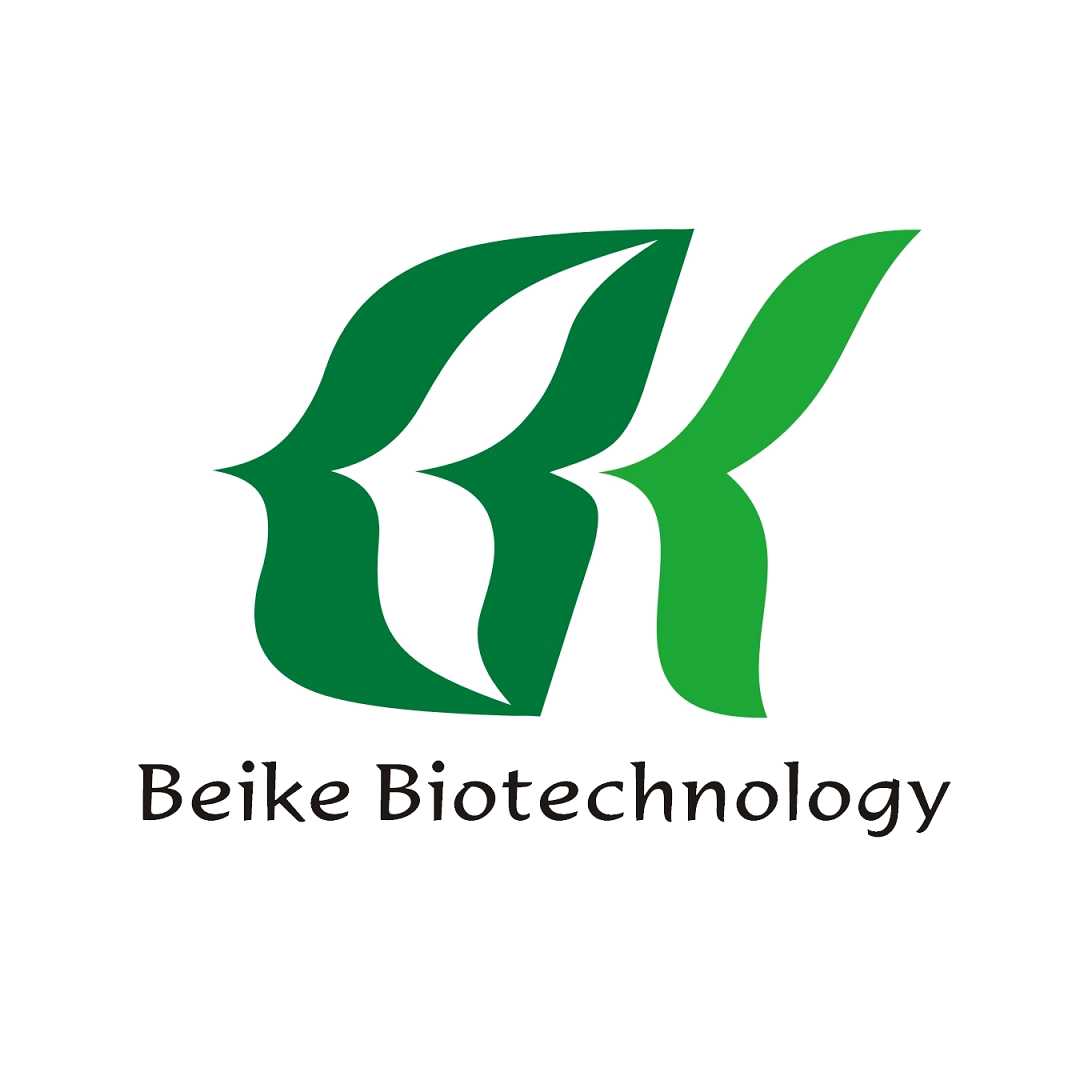
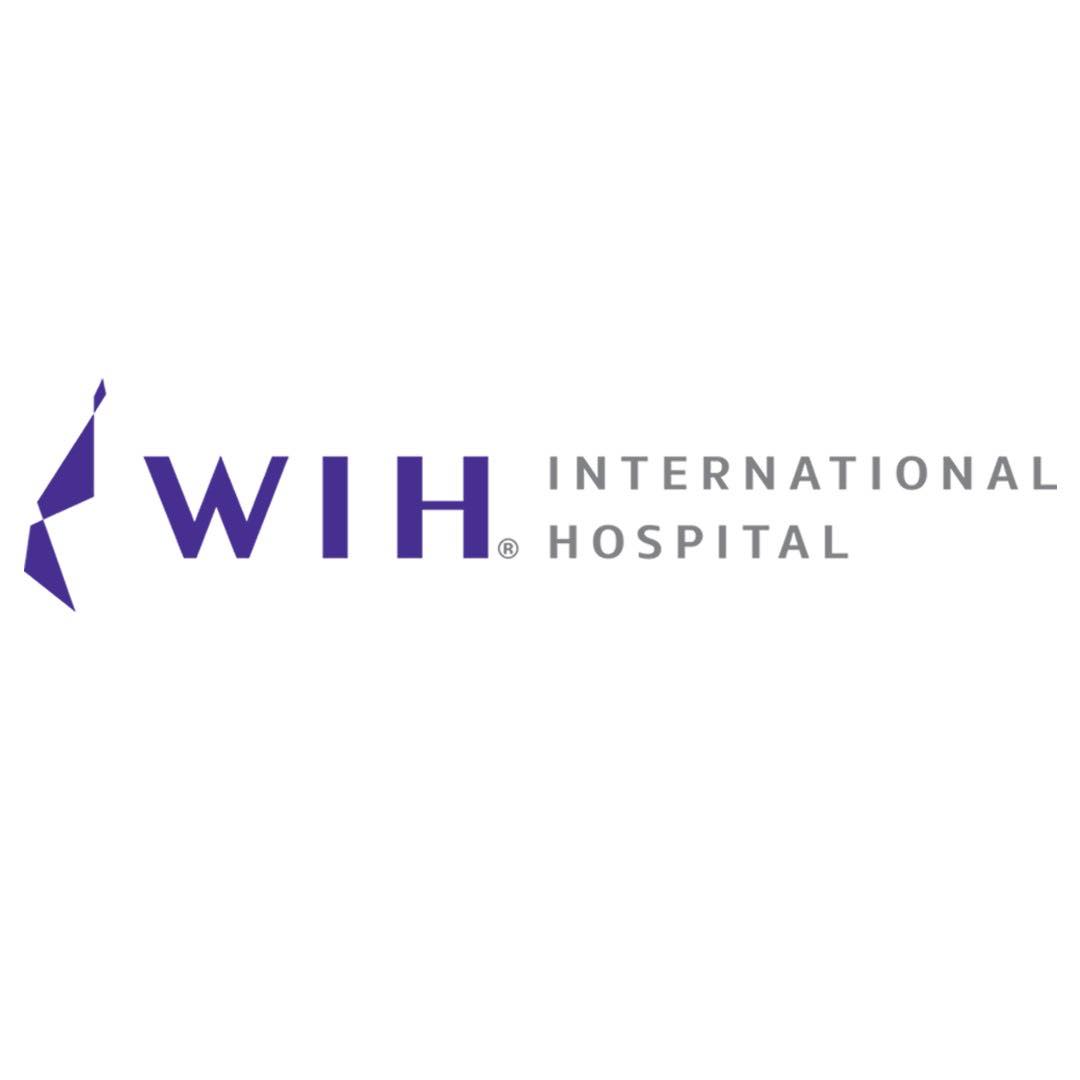
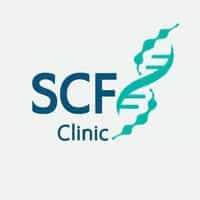
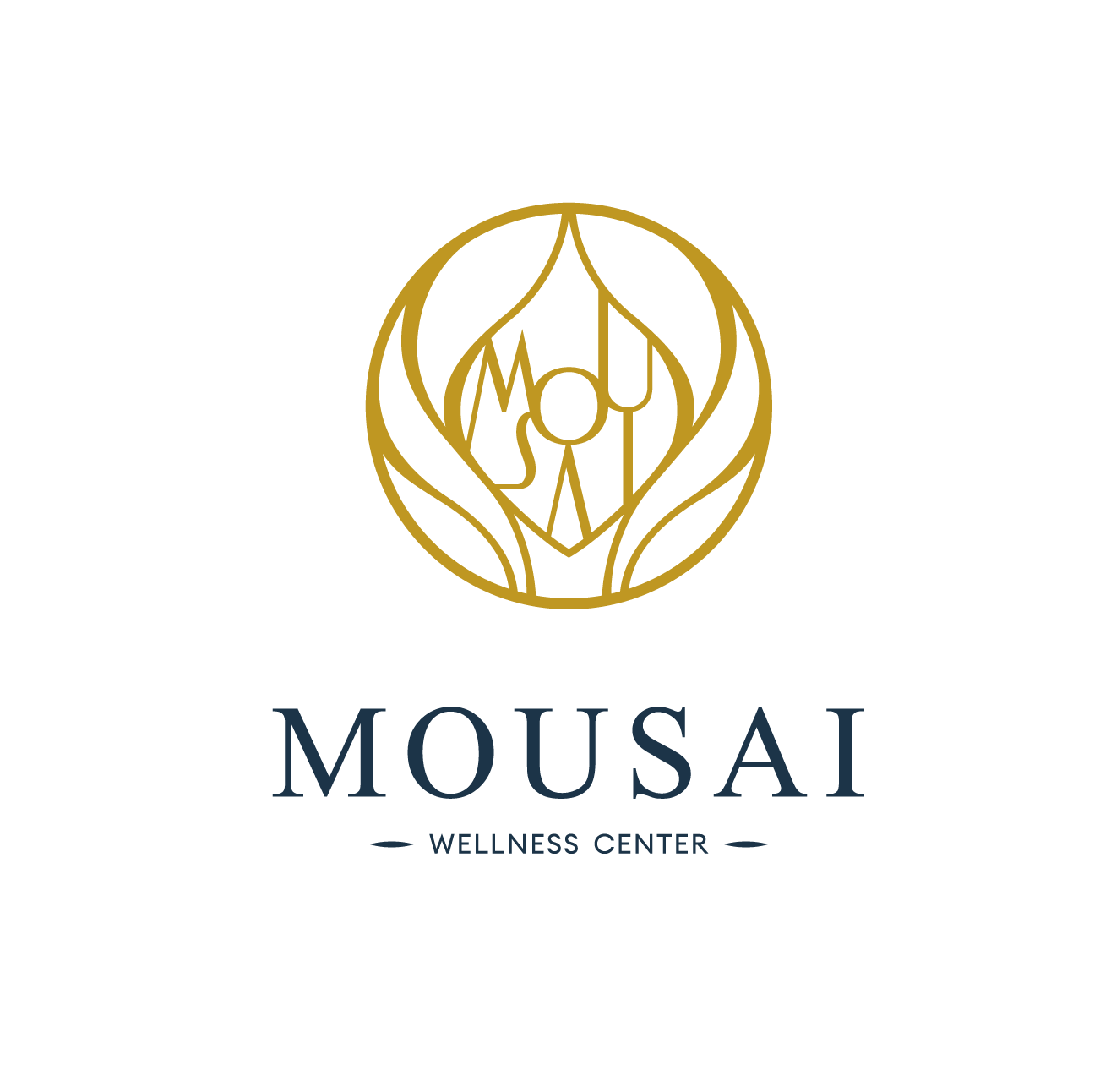
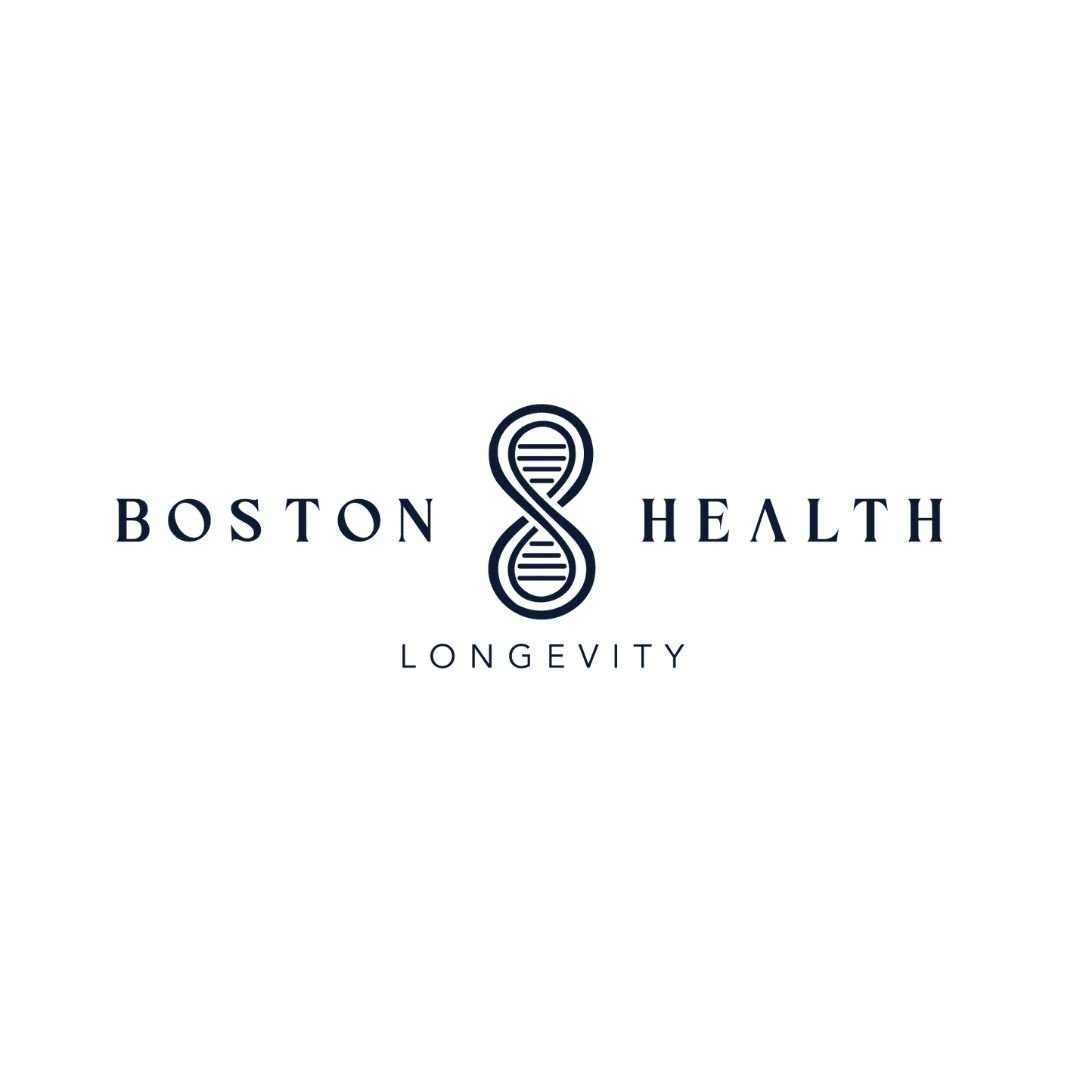

Share this listing